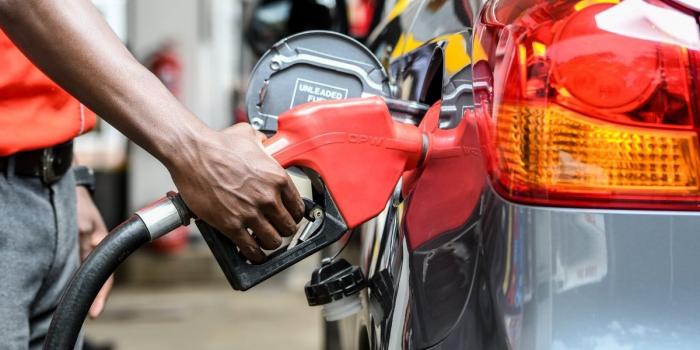Ghanaian consumers will experience a hike in fuel prices starting today, April 2, 2025, as Oil Marketing Companies (OMCs) adjust pump prices in response to global crude market trends.
The increase, which will be in effect until April 15, 2025, follows three consecutive weeks of price reductions. The upward adjustment reflects recent developments in the international oil market, particularly supply constraints and geopolitical tensions affecting key oil-producing nations.
“Petrol prices are set to rise by 2%, reaching GHC 15.20 per liter, while diesel will see a 1.1% increase to GHC 15.35 per liter.
“However, consumers of Liquefied Petroleum Gas (LPG) will see a slight relief, with prices declining by 0.3% to GHC 17.30 per kilogram.”
COMAC Petroleum Pricing Outlook
The main factor influencing this latest fuel price hike is the steady rise in crude oil prices worldwide. Over the past pricing window, Brent crude prices have edged up by 0.86%, trading around $74.33 per barrel.
The increase is largely attributed to geopolitical tensions, particularly U.S. sanctions on major oil producers such as Iran and Venezuela, which have tightened global supply.

Unlike previous adjustments, the Ghanaian cedi’s performance has not been a contributing factor to this fuel price hike.
The local currency has remained relatively stable against the U.S. dollar throughout March, even recording a 0.07% appreciation in the final week of the month. This stability is attributed to interventions by the Bank of Ghana to support the foreign exchange market.
In light of the fuel price increases, industry experts have urged government intervention to stabilize local fuel pricing mechanisms. Some have called for a review of existing taxes and levies on petroleum products to help mitigate price hikes.
The Institute for Energy Security (IES) noted that while external factors are driving the increases, there is still room for domestic policy adjustments. “If the government wants to shield consumers from frequent fuel price shocks, it should reconsider some of the existing levies on petroleum products,” IES noted.
OMCs Weigh Competitive Pressures

While the new pricing is expected to take effect immediately, some OMCs are adopting a cautious approach to implementation due to competitive pressures and consumer sensitivity to price hikes.
Over the years, fuel price increases have tended to reduce demand, prompting some marketing firms to absorb part of the cost or delay full implementation to remain competitive.
Despite the anticipated increases, competition within the industry remains intense, with some smaller OMCs opting not to pass on the full costs immediately to avoid losing customers to rivals offering marginally lower prices.

The fuel price hike has sparked concern among consumers and transport operators, who worry about its ripple effects on the cost of living.
Speaking to the Vaultz News, Kwame Asare, a commercial driver from Ashaiman to Accra said, “Every time fuel prices go up, it affects transport fares, and we all feel it.”
“Even though this increase is not as bad as previous ones, we know that it will eventually impact our expenses.”
Kwame Asare, a commercial driver from Ashaiman to Accra
Public transport operators, who have seen their fuel costs fluctuate in recent months, are particularly wary of the changes. The Ghana Private Road Transport Union (GPRTU) has already indicated that it may review transport fares if fuel prices continue to rise in the coming weeks.
Looking ahead, the next pricing window from April 16, 2025, will provide further clarity on whether fuel prices will stabilize or continue rising.
For now, the combination of global oil market trends and competitive pressures among OMCs will determine how fuel prices evolve in Ghana.
As Ghana navigates these price fluctuations, both consumers and businesses will be watching closely, hoping for a balance between global realities and domestic affordability.
READ ALSO: Europe Urged To Pursue Economic Independence As More Trump Tariffs Loom




















